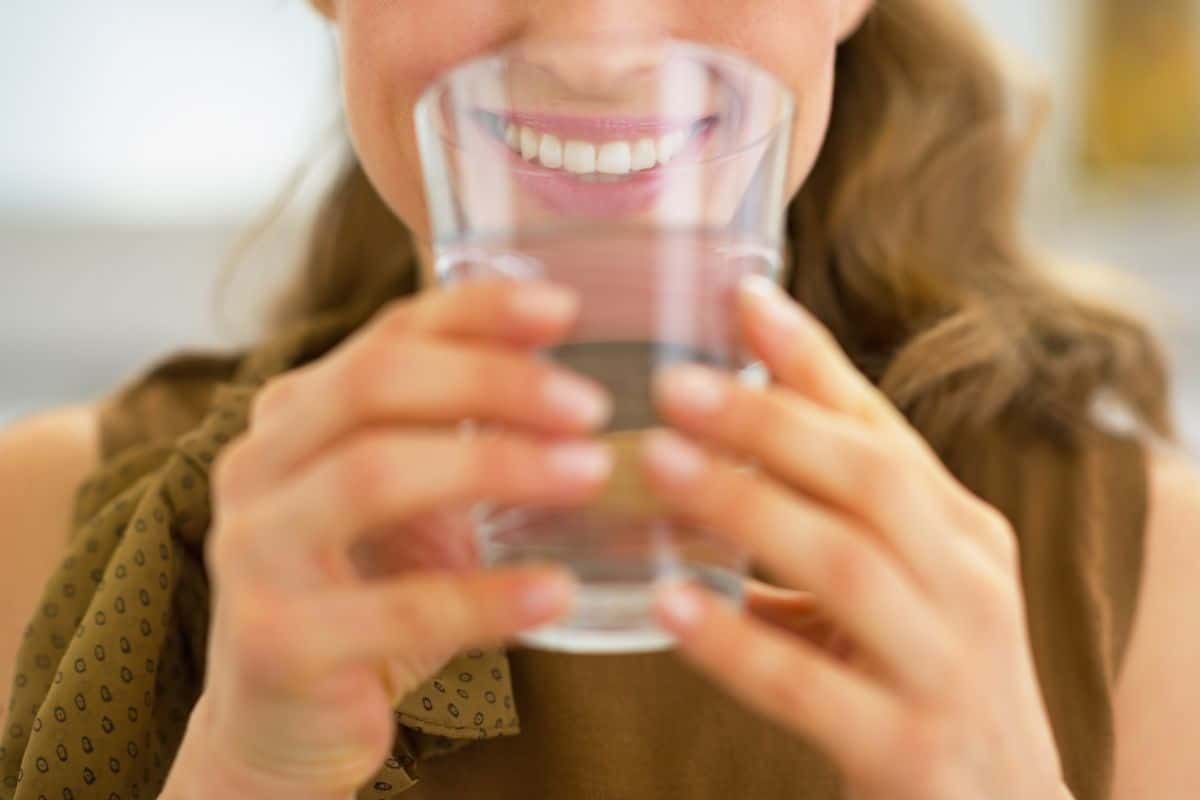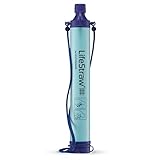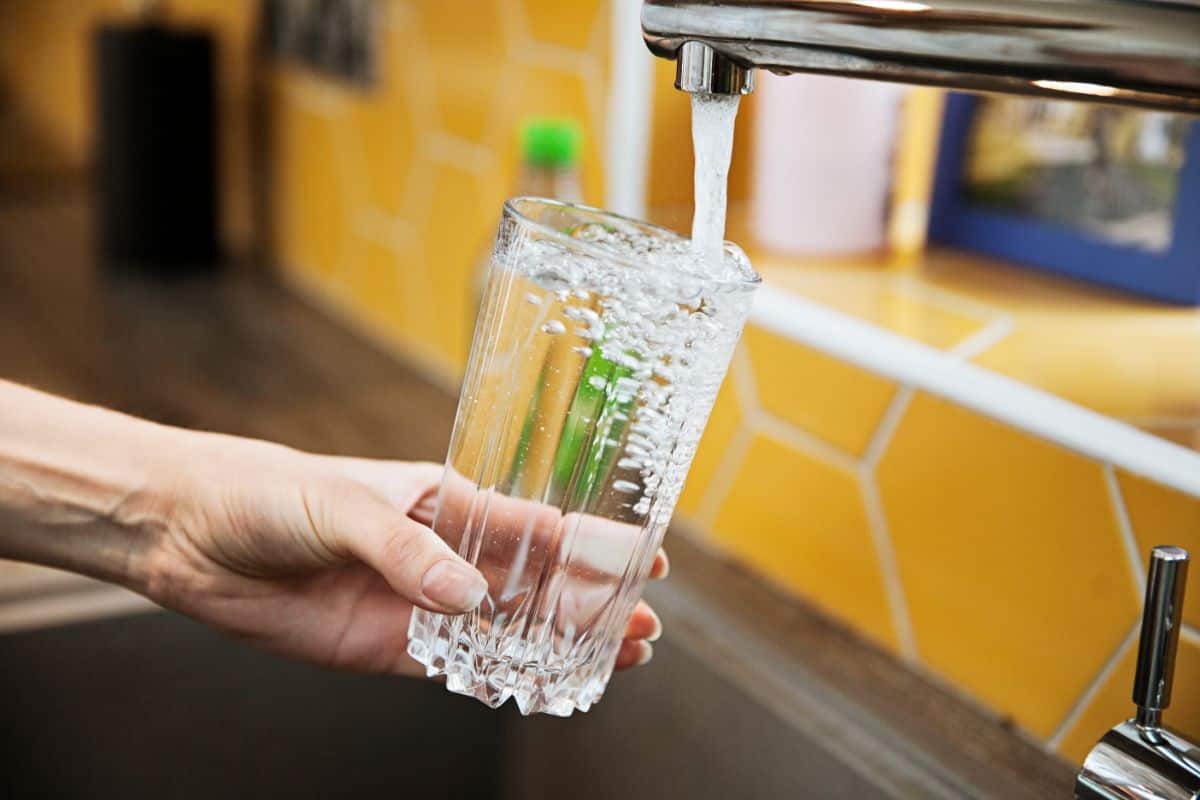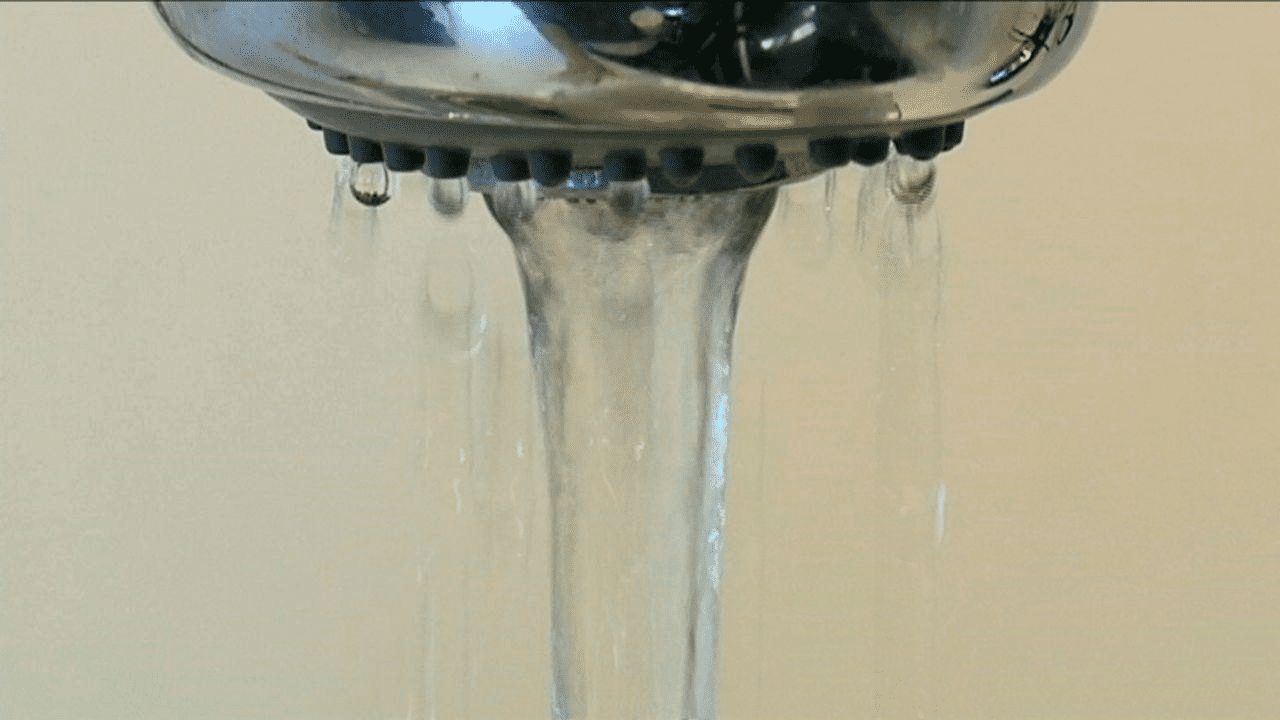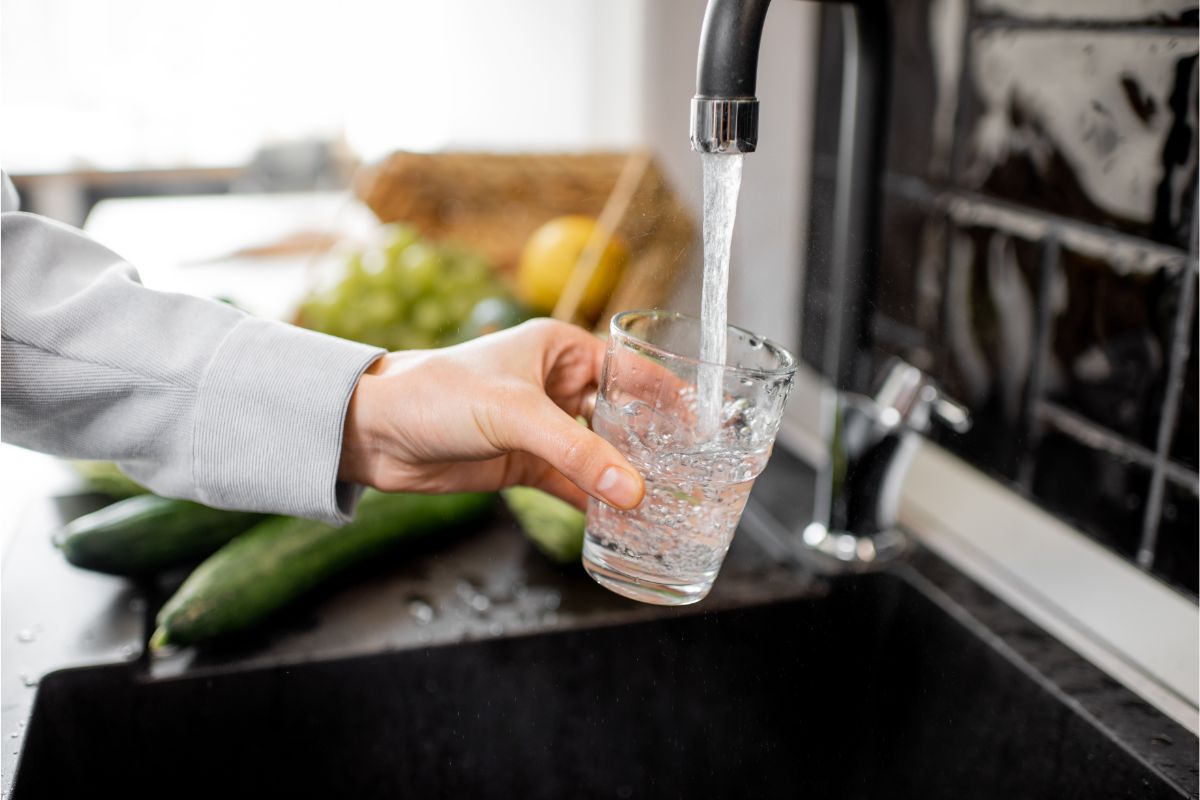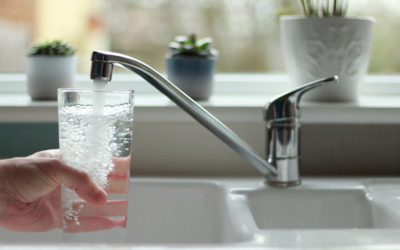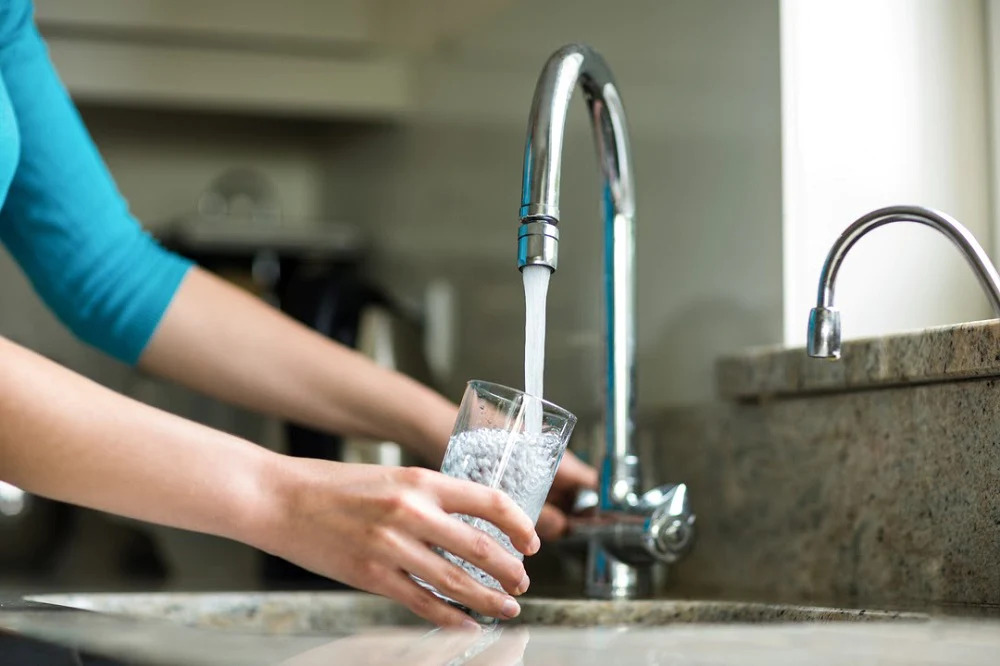When visiting a new country, it’s always important to understand the country’s specific do’s and don’ts. This is because each country has different rules, regulations, and ways of working.
One of the most frequently asked questions when traveling to Costa Rica is “can you drink the water in Costa Rica?”
The short answer is yes, you can! However, there are a few things that you should keep in mind when doing so.
In the article, we will be exploring everything you need to know about drinking water in Costa Rica. So you can go on your next vacation stress-free.
Contents
So, can you drink the water in Costa Rica?
As previously mentioned, the water in Costa Rica is safe to drink and clean.
In fact, the freshwater found in Costa Rica is ranked one of the best in the world.
Although, having said that, in some regions of Costa Rica, it’s best to purchase bottled water. For instance, non-tourist places and the Caribbean side of Costa Rica.
When traveling to new countries, some people can develop issues due to the microbes and bacteria found in water.
Therefore, if you are known to develop stomach issues when traveling to new countries, then it’s a good idea to stick to bottled water to prevent any risks. The last thing you’d want to do on vacation is stay in your hotel room with health issues.
If you’re unsure whether or not the tap water is safe to drink, you can always ask the hotel reception of local people and they will gladly inform you.
Likewise, if you are ever unsure if the water is safe to drink, it’s always better to be safe than sorry and stick to bottled water or use water purifiers or portable water filters for travelling.
Is it OK to drink tap water in Costa Rica?
In Costa Rica, many locals will vouch for the safety of drinking tap water. Many of these locals have been drinking the tap water for years and haven’t experienced any adverse reactions such as illness.
Although, would it be safe to drink the water when you haven’t grown up with Costa Rica’s tap water?
In this case, probably not.
However, if you know for certain that you don’t have a sensitive stomach, then you can follow through with the advice from locals that guarantee the safety of the water in Costa Rica.
At the same time, you should always keep in mind that the quality of water will drastically change depending on the part of the country you’re in. For example, remote areas will differ greatly when compared to major cities and popular tourist destinations.
Does Costa Rica have access to clean water?
Certainly, Costa Rica does have access to clean water. When it comes to major locations and cities, access to clean water is guaranteed.
On the other hand, in remote areas, it is more common to find community-based systems for drinking water.
Where does Costa Rica get its water?
The biggest water company in Costa Rica is AyA. This stands for Instituo Costarricense de Acueductos y Alcantarillados. In English, this translates to the Costa Rican Institute of Aqueducts and Sewer.
In Costa Rica, AyA is a well-regarded water company and has a nationwide pipe system. If you’re staying somewhere and their water is sourced from AyA, it is generally assumed that the water quality is high.
Likewise, there are also smaller water companies throughout Costa Rica, and while they are a fraction of the size when compared to AyA, they remain a trust-worthy water source.
You may also find properties that source their water from wells or use water tanks to store their water. While these are generally safe, you should always regard the water tank’s quality and whether or not they are regularly maintained and serviced.
Tips if you are unsure about Costa Rica water
There is nothing wrong with being extra careful before drinking tap water; after all, it is better to be safe than sorry. And if you are known to have a sensitive stomach, checking twice – or even thrice – is important.
Therefore, if you’re unsure if tap water is safe to drink in Costa Rica, then follow these simple steps to determine its quality:
- Purchase water purifying tablets – These tablets are designed to eliminate microorganisms inside the water that can cause illnesses which include cholera and typhoid. Essentially, these tablets work in the same way that a water company would purify their water for consumers.
- Stick to bottled water – Although, when following this tip you should keep in mind the environmental impact single-use plastic has. If you’re staying at a property where the water is safe to drink, consider purchasing a reusable water bottle and fill it up accordingly.
- Purchase a UV water sterilizer – Looking for a quick and easy solution that will fit snugly in your backpack, then you should add a UV sterilizer to your packing essentials! When the microorganisms absorb the UV, the light prevents them from reproducing, rendering them harmless to the human body.
### Recent Concerns Costa Rica Tap Water Quality
In recent months, Costa Rica has faced growing concerns about the quality of its tap water, primarily due to contamination issues affecting certain regions. Notably, the Central Valley and parts of Guanacaste have reported elevated levels of contaminants such as nitrates and coliform bacteria, raising public health alarms. These contaminants are often linked to agricultural runoff and inadequate wastewater management systems. Local media and authorities have highlighted instances where the water supply in specific communities was found to be unsafe for consumption, prompting urgent responses from health and environmental agencies.
The Costa Rican Institute of Aqueducts and Sewers (AyA) has been actively monitoring water quality and has initiated measures to address contamination. These efforts include increasing water testing frequency, modernizing infrastructure, and providing temporary water solutions to affected areas. The Ministry of Health has also advised residents in impacted zones to boil water before use as a precautionary measure. The government is collaborating with international partners to implement long-term strategies aimed at improving water safety and sustainability.
Costa Rica's commitment to resolving these water quality challenges is evident in its proactive approach to communication and intervention, yet the situation underscores the ongoing need for enhanced environmental protections and infrastructure investment to safeguard public health.
Costa Rica's drinking water crisis: Sources and solutions
https://ticotimes.net/2023/03/15/costa-ricas-drinking-water-crisis-sources-and-solutions
Contamination in Central Valley water supply raises health concerns
https://qcostarica.com/2023/04/10/contamination-in-central-valley-water-supply-raises-health-concerns
Guanacaste water quality issues prompt government action
https://www.amcostarica.com/2023/05/20/guanacaste-water-quality-issues-prompt-government-action
Final Thoughts
Water is an extremely precious resource that is needed for our bodies to keep fit and healthy. Since humans can lose water through sweating, breathing, and going to the toilet, the water in our bodies needs to be replenished regularly.
However, when you’re visiting a new country, such as Costa Rica, it is hard to determine whether or not the water is safe to consume.
Generally speaking, the water in Costa Rica is perfectly safe to drink. Although, this is only applicable to major cities and tourist areas.
If traveling beyond these places, sticking to bottled water or reputable water sources is the best way to go. Hopefully, this guide has informed you on whether or not you can drink water in Costa Rica.
